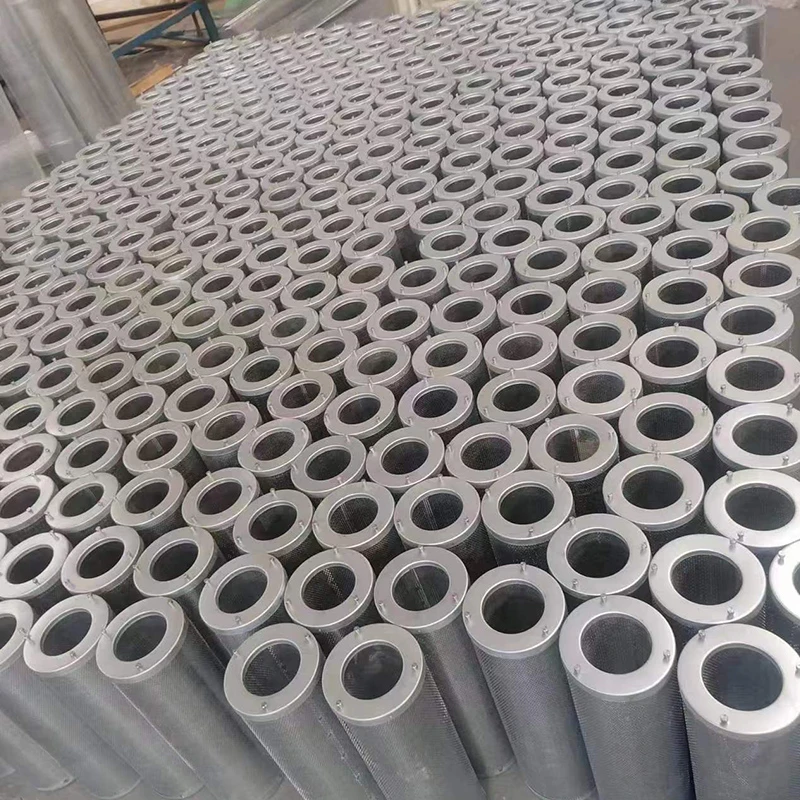 Tel:
+8615930870079
Tel:
+8615930870079
سبتمبر . 04, 2024 15:05 Back to list
High-Quality Stainless Steel Filter Elements for Superior Filtration
The Importance of Stainless Steel Filter Elements
Stainless steel filter elements play a crucial role in various industrial applications, offering superior durability and resistance to corrosion. These filters are designed to facilitate the separation of solid particles from liquids or gases, ensuring the purity and efficiency of processes across multiple sectors, including pharmaceuticals, food and beverage, petrochemicals, and wastewater management.
One of the most significant advantages of stainless steel filter elements is their exceptional strength. Unlike traditional filters made from paper, plastic, or other non-metal materials, stainless steel can withstand high pressures and temperatures. This property makes them ideal for demanding environments, where mechanical stability is paramount. Additionally, stainless steel filters are reusable and can be cleaned, providing a sustainable solution that reduces waste.
Corrosion resistance is another key feature of stainless steel. In industries where filters are exposed to harsh chemicals or high humidity, stainless steel offers an unparalleled advantage. It maintains its integrity and performance over time, ensuring that filtration processes remain effective and reliable. This resilience not only enhances operational efficiency but also minimizes the costs associated with frequent replacements and maintenance.
stainless steel filter element

Moreover, stainless steel filter elements are available in a variety of shapes and sizes, allowing for customization to meet specific operational needs. Whether it’s a cylindrical filter for a high-flow application or a flat panel filter for space-constrained environments, stainless steel options can cater to diverse requirements. This versatility extends to different mesh sizes, enabling precise filtration levels to capture even the smallest particulates, which is particularly important in critical applications such as pharmaceuticals and electronics.
In terms of hygiene, stainless steel is non-porous, preventing bacterial growth and contamination, which is essential in applications that require strict cleanliness standards. This characteristic makes it an excellent choice for industries like food and beverage, where maintaining product purity is vital.
In conclusion, stainless steel filter elements are an indispensable component in many industrial processes. Their durability, corrosion resistance, and hygienic properties ensure reliable performance while minimizing environmental impact. As industries continue to evolve and demand more efficient and sustainable solutions, stainless steel filters will undoubtedly remain at the forefront of filtration technology. Investing in high-quality stainless steel filter elements not only enhances operational efficiency but also contributes to the overall sustainability of production practices.
-
Types and Applications of Air Filtration CartridgesNewsJul.28,2025
-
The Role of Gas Turbine FiltersNewsJul.28,2025
-
Mastering Air Filter Cartridge UseNewsJul.28,2025
-
Advanced Turbine Filters for Modern Gas TurbinesNewsJul.28,2025
-
Cellulose Air Filter Cartridge Advantages in Dust FiltrationNewsJul.28,2025
-
Cellulose Filters for Air Particle ReductionNewsJul.28,2025

 Email:
Email:





